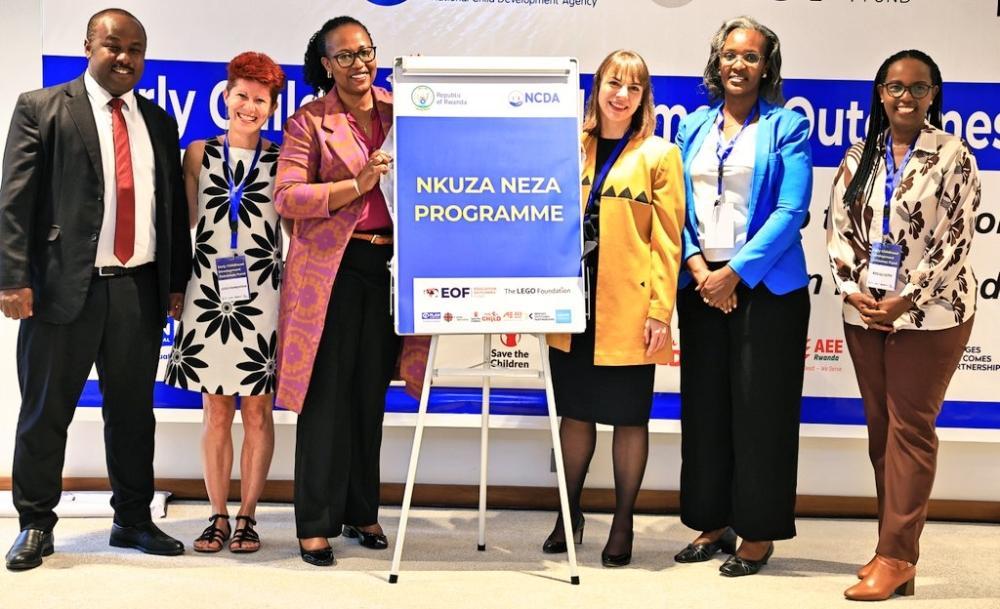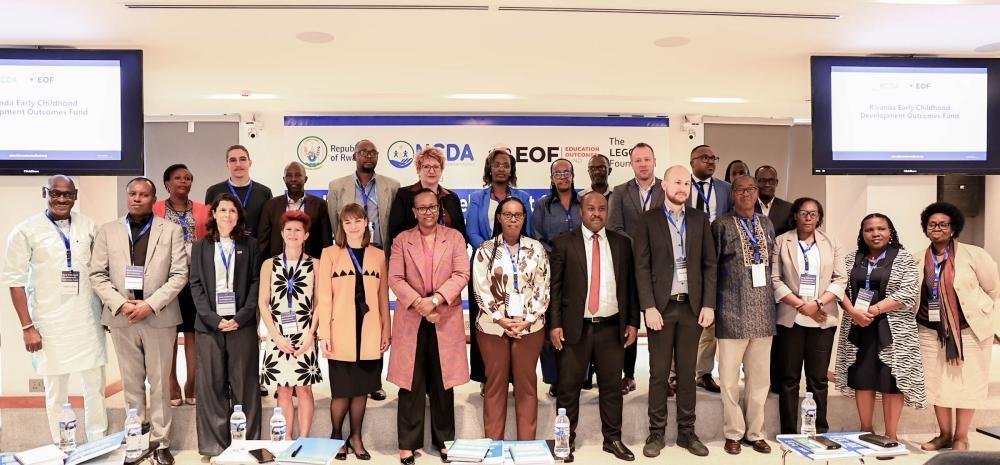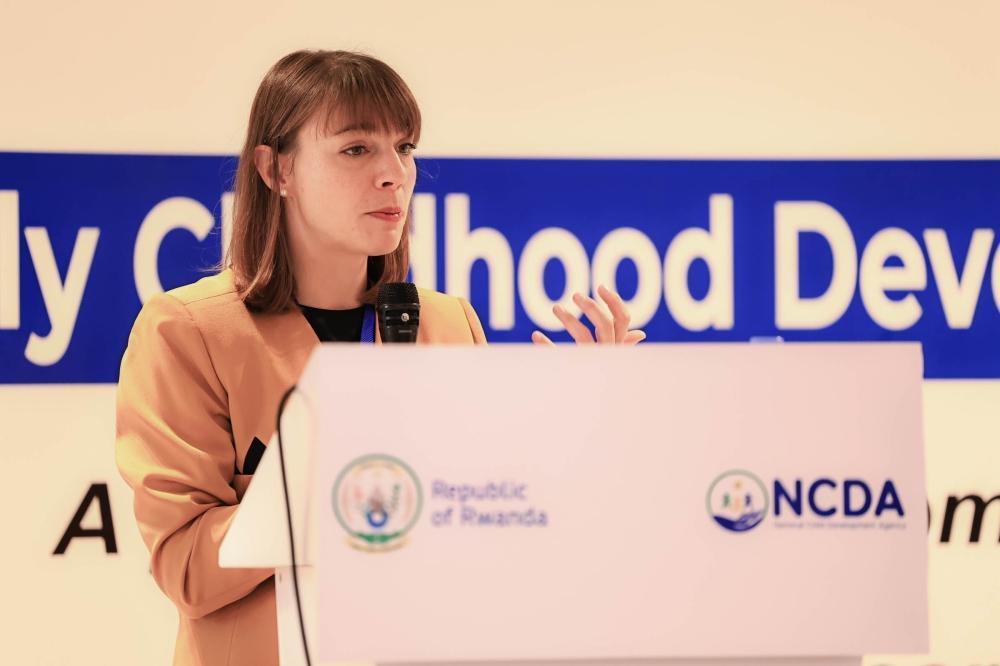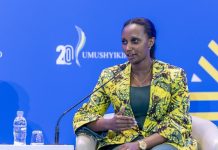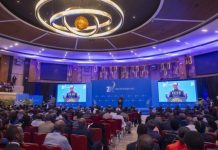Africa-Press – Rwanda. The Rwandan government, on Wednesday, October 29, launched its first-ever national outcomes-based financing programme for early childhood care and education (ECCE).
Dubbed “Nkuza Neza,” the $13 million initiative (approx. Rwf18.7 billion) is designed to boost the quality and inclusivity of early learning for children, according to the National Child Development Agency (NCDA).
Spearheaded by the NCDA in partnership with the Education Outcomes Fund and supported by the LEGO Foundation, the four-year programme links government funding to real, measurable progress in child development—placing results and equity at the centre of Rwanda’s early education system.
The $13 million initiative (approx. Rwf18.7 billion) is designed to boost the quality and inclusivity of early learning for children.
Education Outcomes Fund is a global initiative transforming how education and skills are financed and delivered. It partners with governments, donors, investors, and implementers to make education systems more effective, equitable, and accountable.
It is expected that the initiative will reach more than 25,000 children aged three to five years in 390 community-based early child development (ECD) facilities across the country.
The initiative launched on Wednesday is one of four major outcomes-based education programmes launching in the next few months, alongside similar initiatives in Sierra Leone, South Africa, and Nigeria. Together, they represent over $85 million in funding, according to Education Outcomes Fund.
Building on its early childhood reforms, the government of Rwanda is pioneering outcomes-based financing as a core part of its national strategy, linking funding to measurable improvements in the quality and inclusivity of early learning, NCDA and Education Outcomes Fund said in a statement.
“This initiative reflects Rwanda’s commitment to quality and inclusion in early childhood development,” said Ingabire Assumpta, the Director General of NCDA.
“By tying funding to results, we make sure every investment leads to measurable progress, especially for vulnerable children. This programme aligns with our national strategy to ensure all children have the strong foundation they need to excel in life.”
Amel Karboul, CEO of the Education Outcomes Fund, said that the programme shows what is possible when government leadership is combined with radical partnership and bold innovation.
“Rwanda is turning early childhood education policy into real-world progress. Outcomes finance is no longer an experiment. It is a proven, scalable model for lasting change,” Karboul said.
Over the next four years, the programme aims to improve child development and school readiness outcomes, bridge the gap in quality between formal and community-based ECDs, and generate robust evidence on the most effective interventions that lead to real results for children in Rwanda.
Three grantees are implementing the programme. They are Help A Child, working in consortium with the African Evangelistic Enterprise and Bridges Outcomes Partnership; Plan International, working in consortium with Caritas and Bridges Outcomes Partnership; and Save the Children.
The outcomes-based financing model enables implementing partners to test approaches, course-correct, and innovate to improve children’s outcomes, with payments contingent upon independently verified results. This ensures transparency, value for money, and better outcomes for children.
In this initiative, children with disabilities have been placed at the centre of the design, NCDA and Education Outcomes Fund said. The programme will support inclusive enrolment, upgrade ECD facilities infrastructure to meet accessibility needs, build caregiver capacity, and strengthen referral pathways.
The two institutions added that throughout the four years of the programme, an independent evaluation will generate robust evidence and learnings on the interventions across the three grantees.
It is projected that the findings will inform government policy, shape national planning, and influence how early learning is financed across Africa and globally. The evaluation will measure both impact and cost-effectiveness, ensuring that future investments are based on what works for children.
Milena Castellnou, the Chief Programs Officer at Education Outcomes Fund, speaks during the launch event on Wednesday, October 29.
ECD centres are categorised into formal and non-formal centres, with the primary distinction being the quality of education services offered.
Non-formal ECD centres are those that are not part of the formal school system, such as community-based, home-based initiatives.
Enrollment in ECD centres grew by 14.2 per cent to about 692,000 in 2023/24 academic year, compared with 2022/23, according to the Ministry of Education. More than 95 of the enrolments were in non-formal EDC centres.
For More News And Analysis About Rwanda Follow Africa-Press

